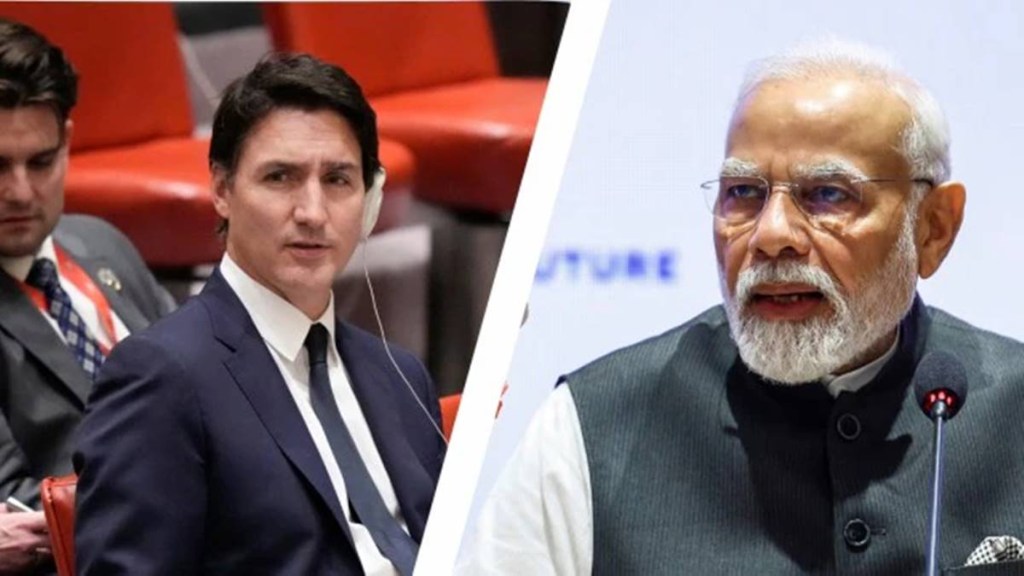India has strongly rejected a report by The Globe and Mail, a Canadian newspaper, claiming that Prime Minister Narendra Modi was aware of a plot to kill Sikh separatist Hardeep Singh Nijjar. The newspaper cited an unnamed official, alleging that India’s top leadership, including National Security Advisor and External Affairs Minister S Jaishankar, was briefed on the supposed plan. In response, Indian Ministry of External Affairs spokesperson Randhir Jaiswal called the allegations “ludicrous” and stressed that such reports should be dismissed with contempt. Jaiswal also warned that such smear campaigns further damaged the already strained relations between the two countries.
Randhir Jaiswal said: “We do not normally comment on media reports. However, such ludicrous statements made to a newspaper purportedly by a Canadian government source should be dismissed with the contempt they deserve. Smear campaigns like this only further damage our already strained ties.”
Tensions Escalate Between India and Canada
The already fragile diplomatic relations between India and Canada have worsened since the murder of Hardeep Singh Nijjar, a Canadian-based Sikh separatist, in June 2023. The Indian government has consistently denied any involvement, terming accusations as politically motivated. The situation escalated on October 14, when the Canadian government named Indian diplomats, including the High Commissioner, as “persons of interest” in the investigation into Nijjar’s murder. India responded by expelling six Canadian diplomats and withdrawing its own from Canada.
Canada’s Claim of Indian Involvement in Nijjar’s Murder
The friction between the two nations deepened further when Canadian Prime Minister Justin Trudeau, in a statement in September 2023, alleged that Indian agents were linked to the assassination of Nijjar. Trudeau’s claims were based on purported evidence of India’s involvement, which India promptly rejected. India’s dismissal of these allegations has fueled ongoing diplomatic disputes, with both sides accusing each other of failing to cooperate in the investigation.
Ongoing Diplomatic Strain and Calls for Accountability
India’s rebuttal to the Canadian report underscores the growing mistrust between the two nations. While Canada has continued to push for transparency in the investigation, India remains firm in its position that the claims are unfounded and politically charged. As tensions simmer, both governments face increasing pressure to address these issues and restore diplomatic communication.
Diplomatic Crisis and its Global Impact
The strained ties between India and Canada are not just a bilateral issue but have significant global implications, particularly for the Sikh diaspora and international security concerns. The situation remains fluid, with both sides navigating a complex diplomatic crisis that could take months to resolve. India’s firm stance on the Nijjar allegations indicates a continued commitment to protecting its sovereignty, while Canada seeks accountability for the murder that has rocked its multicultural society. The evolving diplomatic dynamics will likely continue to make headlines as both nations grapple with their next steps.
(With agency inputs)
